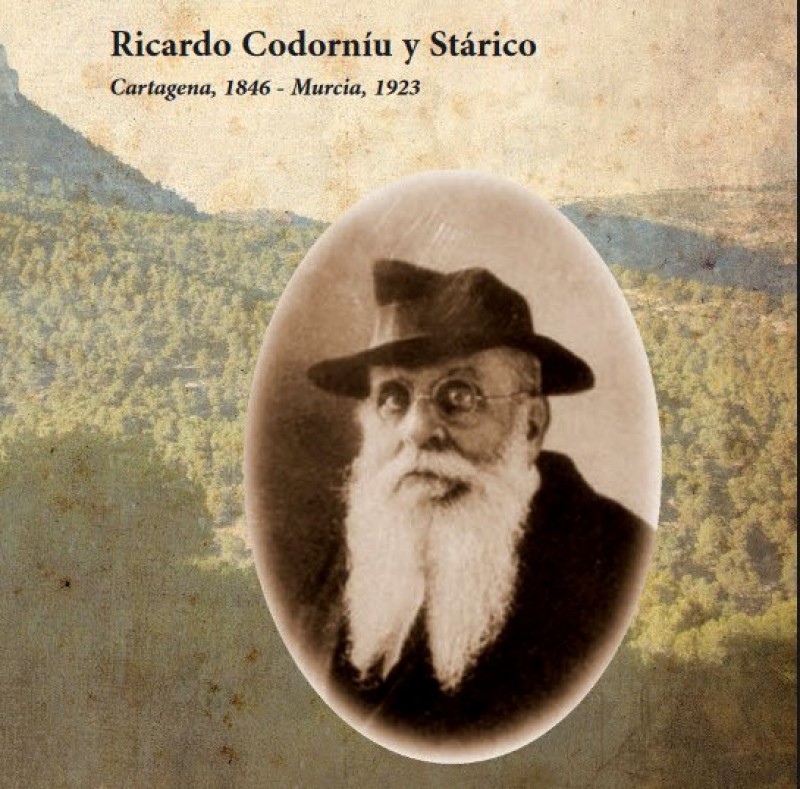

Guidelines for submitting articles to Mazarron Murcia
Hello, and thank you for choosing Mazarron Murcia to publicise your organisation’s info or event.
Mazarron Murcia is a website set up by Murcia Today specifically for residents of the urbanisation in Southwest Murcia, providing news and information on what’s happening in the local area, which is the largest English-speaking expat area in the Region of Murcia.
When submitting text to be included on Mazarron Murcia, please abide by the following guidelines so we can upload your article as swiftly as possible:
Send an email to editor@spaintodayonline.com or contact@murciatoday.com
Attach the information in a Word Document or Google Doc
Include all relevant points, including:
Who is the organisation running the event?
Where is it happening?
When?
How much does it cost?
Is it necessary to book beforehand, or can people just show up on the day?
…but try not to exceed 300 words
Also attach a photo to illustrate your article, no more than 100kb

English language leaflet about the man who planted the Sierra Espuña
Ricardo Codorníu y Stárico
 The Sierra Espuña belongs to the Cordillera Bética range and covers an area of around 25,000 hectares including over 17,000 designated as a regional park. Following a huge reforestation program in the late 19th century by Ricardo Codorníu it was declared an area of cultural interest 1931, and became a Regional Park in 1992.
The Sierra Espuña belongs to the Cordillera Bética range and covers an area of around 25,000 hectares including over 17,000 designated as a regional park. Following a huge reforestation program in the late 19th century by Ricardo Codorníu it was declared an area of cultural interest 1931, and became a Regional Park in 1992.
It is also classified as a ZEPA birdlife protection zone, and is home to an impressive array of 123 bird species, including numerous birds of prey, as well as around 1,000 different species of flora of which 36 are protected, 38 mammals and a huge variety of insects, amphibians and reptiles.
During his lifetime Codorníu achieved fame and recognition for his work, becoming known as the "Apóstol del Árbol" (the apostle of the trees), and in 1889 he visited the area of the Sierra Espuña and was horrified by the devastation left by the boom years of industrial activity in the Region of Murcia, stimulated by the arrival of the railways in 1862.
During the latter half of the 19th century the Region was transformed as minerals were shipped across the world and the economy boomed, stripping vast tracts of land for wood, devastating forested areas.
Codorníu set about the task of rebuilding the Sierra Espuña, replanting 20,000 hectares with pine trees, his legacy becoming what is now the Sierra Espuña regional park, a maze of walks and routes, with recreation areas and restaurants provided for visitors.
Within the heart of the park conservational and educational programmes are run from a visitor centre bearing the name of Ricardo Codorníu, from which maps of the various walking routes can be obtained, together with information about the flora and fauna to be found in the park. Click for full information and map; Ricardo Codorníu Visitor Centre.
Click here to see the leaflet in English
See further information in English about the Sierra Espuña in the dedicated www.alhamtoday.com page
